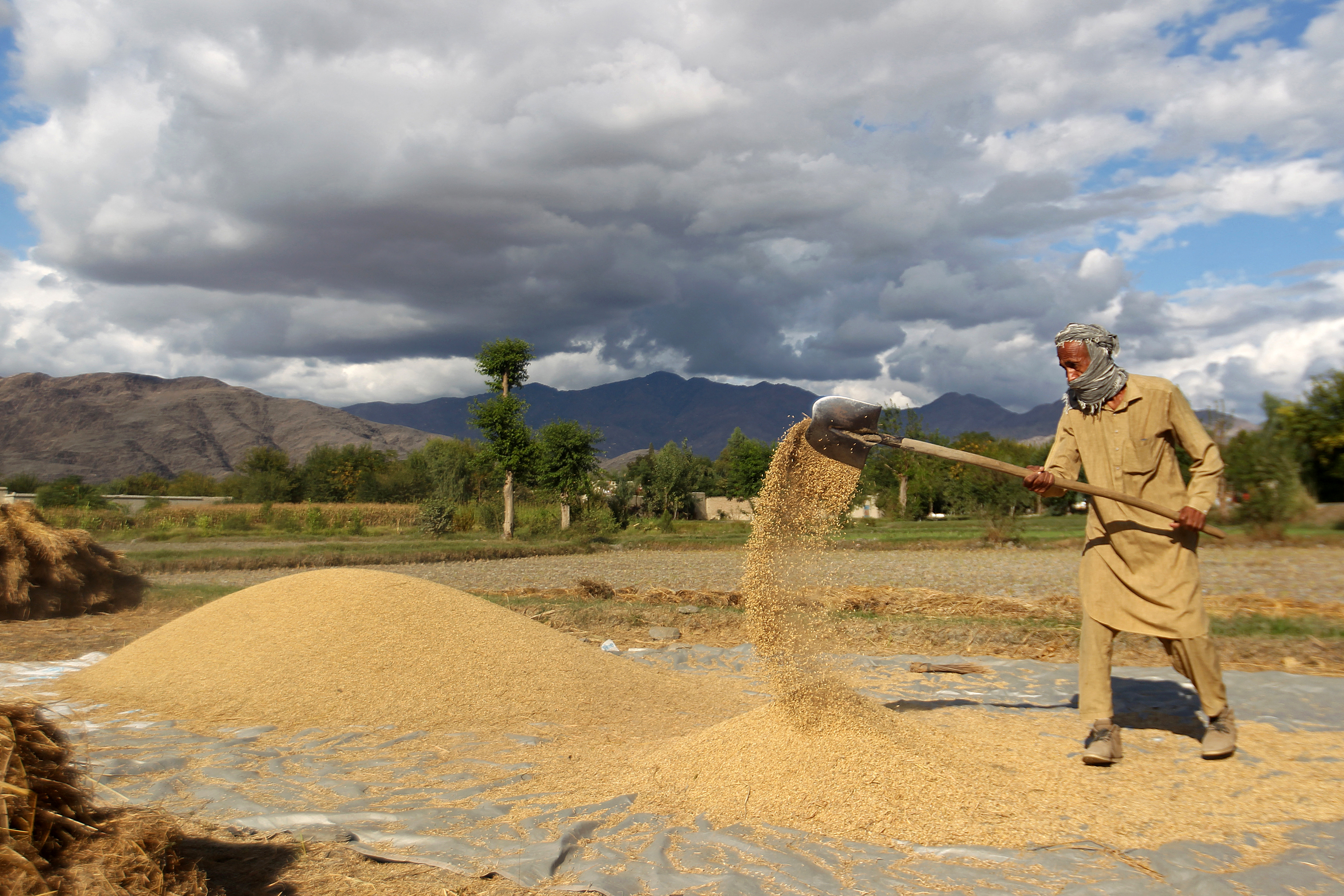
Afghanistan’s once nearly US$20 billion economy crashed to US$14.58 billion in 2021 as the country of 40.1 million people experienced a food shortage. One in every two Afghans is poor, according to the World Bank.

China is happy to build relations, starting with trade, to fill a void left by the West and seize opportunities for longer-term gain, analysts said.
“There was a huge vacuum after America withdrew, so I think the Chinese see this as an opportunity,” said James Chin, a professor of Asian studies at the University of Tasmania.
Two-way trade has been “growing fast” and China may become Afghanistan’s second-largest trading partner this year after Pakistan. China appointed Zhao Xing as the new ambassador to Kabul in September, and Afghan officials attended the Belt and Road Forum in Beijing in mid-October.
Afghanistan sent US$40.02 million in goods to China in all of 2022, with US$23.08 million of that tallied in the final two months, per the data. China exported US$550.13 million of goods to its Central Asian neighbour last year. In the first nine months of this year, Afghanistan exported US$33.93 million worth of goods to China, which shipped US$959.69 million of its own wares the other way, according to Chinese customs data.
A boost in trade might eventually facilitate Chinese infrastructure projects such as pipelines for oil and natural gas, said Naubahar Sharif, head of the public policy division at the Hong Kong University of Science and Technology. The country could fit well into China’s Belt and Road Initiative, a 10-year effort to build infrastructure abroad to smooth trade, Sharif added.